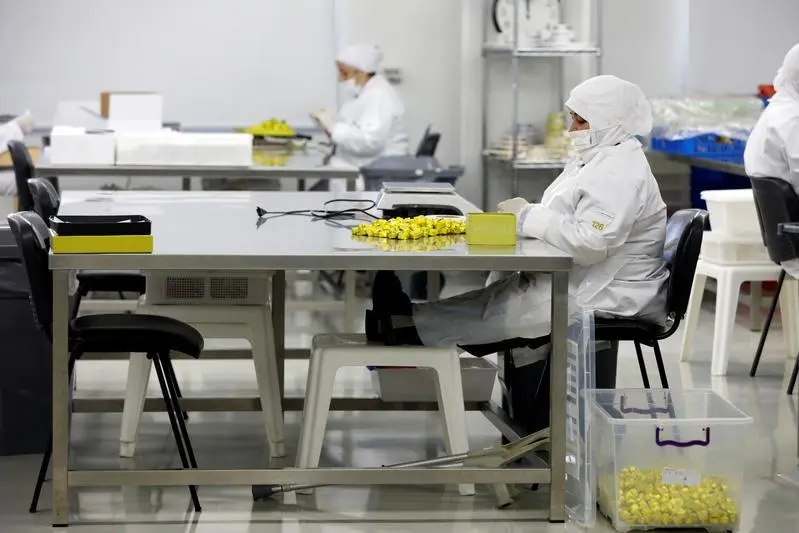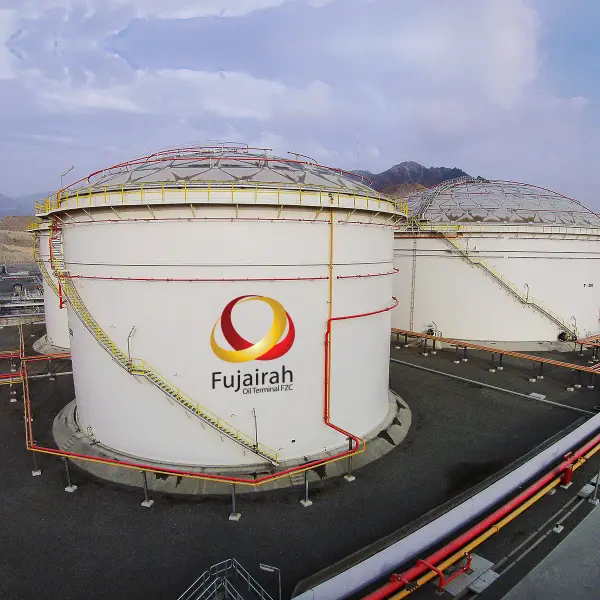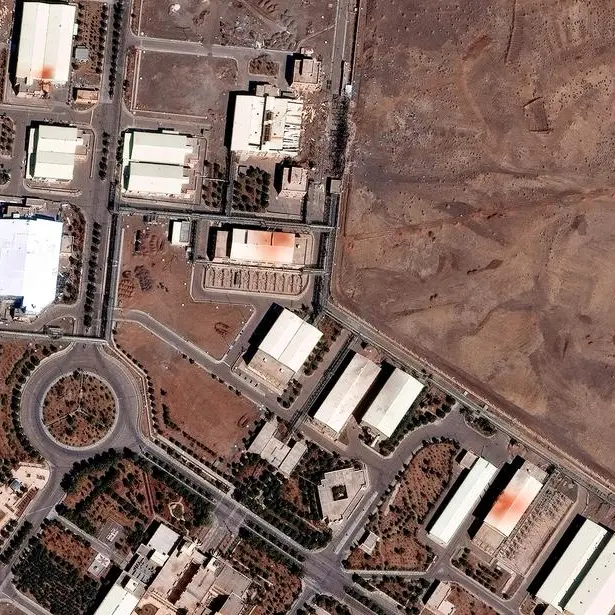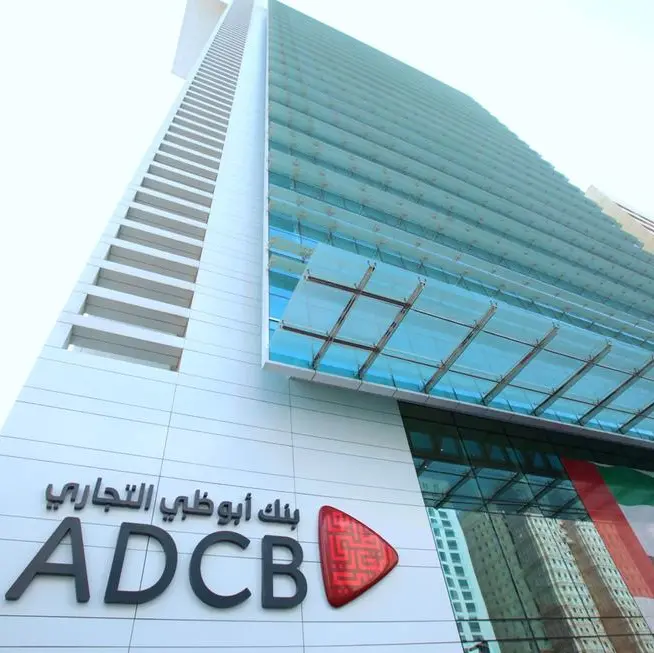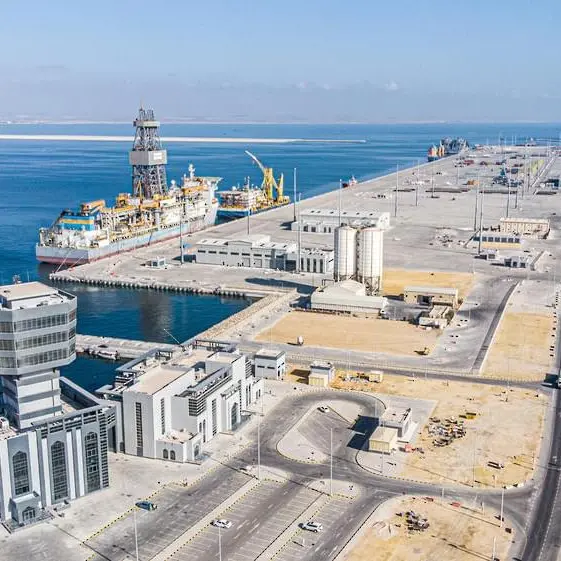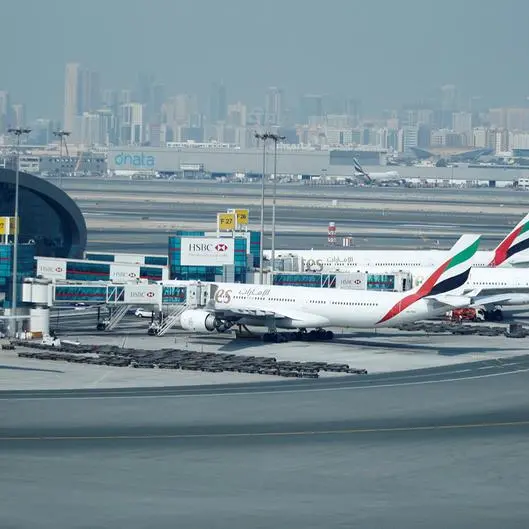PHOTO
BEIRUT - Head of the Association of Lebanese Industrialists Fadi Gemayel Thursday urged the government to implement exceptional measures to prevent the closure of more factories in the future. Speaking at a news conference following a meeting with members of the association, Gemayel warned that the Lebanese factories are in dire need of government support, noting that 388 industrial plants shut down from 2012 to 2016. Lebanese industrialists have constantly complained about the unfair competition from some foreign countries that dump the market with cheap products.
The association argues that most industrialists cannot afford to cut the prices of their products to the levels of some countries in the Middle East and Asia.
“It seems that we as industrialists and businessmen constantly need to mention the importance of the productive sectors which are the engine of growth and job creation,” he said.
He added that the economic slowdown which Lebanon endured in the past few years had dire impact on the industrial sector as many factories were forced to close.
Gemayel stressed that “the Lebanese industry is one of the most important sectors that consolidate the foundations of Lebanon’s independence and freedom.
“It is neither an exaggeration nor a historical coincidence that the age of the Association of Lebanese Industrialists is the age of that of the independence,” he added.
Gemayel said that the government needs to adopt new effective measures in a bid to revive the industrial sector.
Among the recommendations voiced by the association were offering new incentive and non-costly incentives to the industrialists, protecting this sector from dumping and imposing fees and taxes on imported goods that are subsidized by their governments.
Gemayel reminded that subsidizing products is a clear violation of the World Trade Organization.
He added that the association has only received promises from officials and no concrete steps have been taken yet.
Bank Audi said in its fourth quarter report that Lebanon’s agricultural and industrial sectors remained rather feeble, despite showing signs of a revival during the full year 2017.
“Regional political uncertainty continued to weigh on the country’s agricultural and industrial segments. The latter is attributed to a slowdown in Lebanon’s primary and secondary sectors partly due to the high cost of transportation from the continuous closure of the borders between Jordan and Syria,” the report said.
Industrial exports also fell drastically since the outbreak of the Syrian crisis six years ago.
Lebanon used to ship most of its locally produced goods by land via Syria.
Copyright © 2018, The Daily Star. All rights reserved. Provided by SyndiGate Media Inc. (Syndigate.info).
